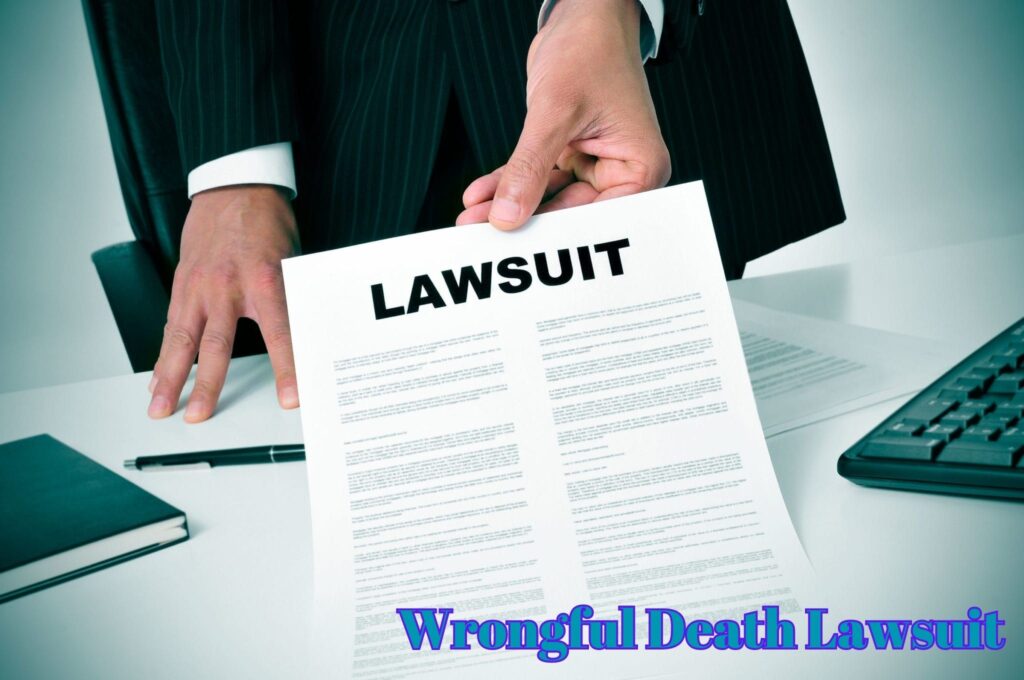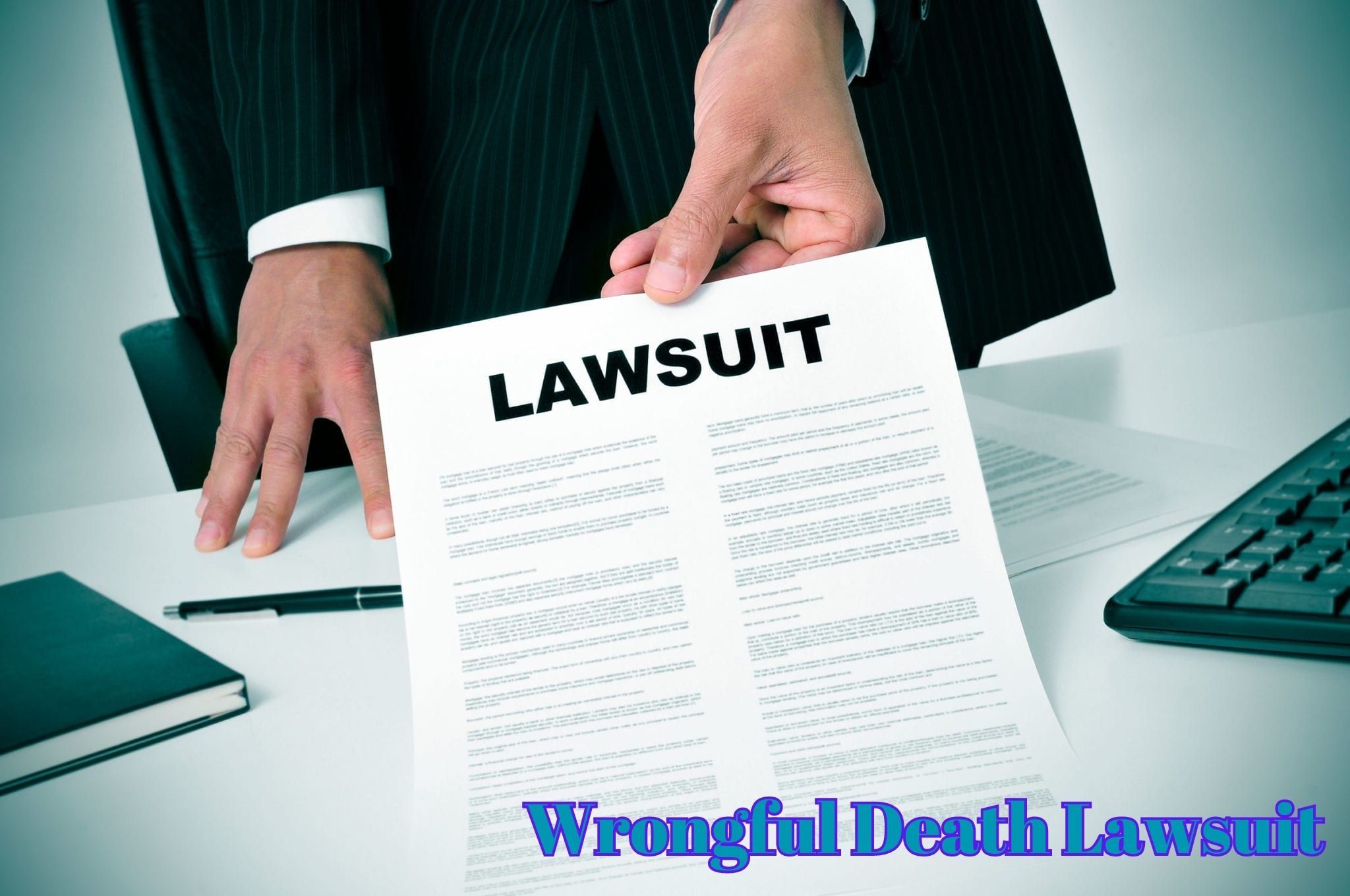Steps to Justice: Filing a Wrongful Death Lawsuit with an Experienced Attorney

Steps to Justice: Filing a Wrongful Death Lawsuit with an Experienced Attorney
Losing a loved one is a painful and challenging experience, and when their death is a result of someone else’s negligence or intentional actions, it can be even more distressing. In such cases, pursuing a wrongful death lawsuit may provide a sense of justice and financial compensation for the surviving family members. Filing a wrongful death lawsuit is a complex process, but with the guidance of an experienced attorney, it becomes more manageable. In this article, we’ll outline the crucial steps to take when filing a wrongful death lawsuit, ensuring that justice is served.
Understanding Wrongful Death Lawsuits
When someone’s death occurs due to the negligence, recklessness, or deliberate actions of another party, it is considered a wrongful death. These incidents can happen in various contexts, including car accidents, medical malpractice, workplace accidents, and more. Wrongful death lawsuits are civil cases where the surviving family members seek compensation for their loss.
Step 1: Consultation with an Experienced Attorney
The first step in pursuing a wrongful death lawsuit is to consult with an experienced wrongful death attorney. These legal professionals specialize in handling such cases and can provide valuable insights into the legal process ahead. During the consultation, you can discuss the details of the case, the circumstances of the death, and any potential evidence.
Step 2: Gathering Evidence and Information
Your attorney will work with you to gather all relevant evidence and information related to the case. This may include medical records, accident reports, witness testimonies, and any other documentation that supports your claim. The strength of your evidence can significantly impact the success of your lawsuit.
Step 3: Identifying the Responsible Party
In a wrongful death lawsuit, it’s essential to identify the party or parties responsible for the death. This could be an individual, a company, a medical professional, or any other entity whose actions or negligence led to the fatal incident. Your attorney will help you pinpoint the responsible parties and build a case against them.
Step 4: Calculating Damages
Determining the damages in a wrongful death case involves assessing both economic and non-economic factors. Economic damages may include medical expenses, funeral costs, and the loss of financial support. Non-economic damages encompass emotional pain, suffering, and loss of companionship. Your attorney will work to calculate a fair amount of compensation.
Step 5: Initiating the Legal Proceedings
Once all the necessary groundwork is laid, your attorney will file the wrongful death lawsuit in the appropriate court. The legal proceedings will officially begin, and the defendant(s) will be served with the necessary legal documents. The court will set a schedule for various stages of the trial.
Step 6: Negotiations and Settlement
Many wrongful death cases are resolved through negotiations and settlements before going to trial. Your attorney will engage in discussions with the opposing party’s legal representation to reach a fair settlement. If both parties agree on the terms, the case can be resolved without the need for a trial.
Step 7: Trial
If a settlement cannot be reached, the case will proceed to trial. During the trial, both sides will present their arguments, evidence, and witnesses. A judge or jury will review the case and make a final decision regarding liability and compensation. Having a skilled attorney is crucial during this phase to present a compelling case.
Step 8: Post-Trial Motions and Appeals
Depending on the outcome of the trial, either party may file post-trial motions or appeals. These legal actions are intended to challenge certain aspects of the trial, such as the verdict or the amount of compensation awarded. The appellate court will review the case and determine whether any errors were made during the trial.
Step 9: Conclusion of the Case
Once all legal proceedings have been completed, the case will come to a conclusion. If you were successful in proving the other party’s liability, you will receive the compensation determined by the court. This compensation aims to alleviate the financial burden caused by the wrongful death and provide a sense of justice.
FAQs About Wrongful Death Lawsuits
Q1: Who can file a wrongful death lawsuit?
Typically, immediate family members such as spouses, children, and parents can file a wrongful death lawsuit. The rules vary by jurisdiction.
Q2: How long does a wrongful death lawsuit usually take to resolve?
The timeline varies, but it can take several months to a few years, depending on factors like court schedules and the complexity of the case.
Q3: What damages can be recovered in a wrongful death lawsuit?
Damages may include medical expenses, funeral costs, lost income, pain and suffering, and loss of companionship.
Q4: Can I pursue a wrongful death lawsuit if the responsible party was not criminally charged?
Yes, a wrongful death lawsuit is a civil matter and is separate from criminal charges. A party can be found liable in a civil lawsuit even if not criminally charged.
Q5: How do I pay for legal fees in a wrongful death case?
Many wrongful death attorneys work on a contingency fee basis, meaning they only get paid if you win the case. This makes legal representation more accessible to those seeking justice.
Access Now for Legal Assistance
If you’re facing the daunting task of filing a wrongful death lawsuit, you don’t have to go through it alone. Seeking guidance from an experienced attorney can make a significant difference in the outcome of your case. Access the professional legal assistance you need by clicking here.
In conclusion, filing a wrongful death lawsuit is a multifaceted process that requires careful planning, strong evidence, and skilled legal representation. By following these steps and enlisting the help of an experienced attorney, you can navigate the complexities of the legal system and work toward achieving justice for your loved one’s untimely passing.
